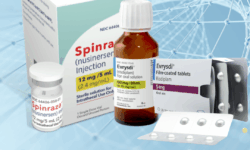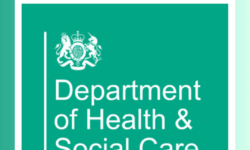The latest results from the NURTURE trial of Spinraza (nusinersen) have been published in the scientific journal Muscle & Nerve, and confirm previously released findings that pre-symptomatic delivery of the SMN-boosting drug results in dramatic improvement in the prognosis of SMA.
Starting in May 2015, the phase 2, open-label trial aims to evaluate the safety and effectiveness of nusinersen in 25 pre-symptomatic newborns who, based on their genetics, are very likely to develop SMA (Type 1 or 2 considered most likely). All participants received their first dose of nusinersen before six weeks of age, and have either two (15 participants) or three (10 participants) copies of SMN2.
The latest NURTURE study results, analysed after five years of treatment, show that all participants are alive, are free from permanent ventilation and continue to maintain and achieve World Health Organisation (WHO) motor milestones.
Of particular significance, 23 out of the 25 children are able to walk independently and 22 out of the 25 achieved the maximum score on the Children’s Hospital of Philadelphia Infant Test of Neuromuscular Disorders. Moreover, average scores on the Hammersmith Functional Motor Scale – Expanded (HFMSE) have continued to improve over the duration of the study.
Children with three copies of SMN2 achieved all the expected WHO motor milestones, with all milestones, except for one in one child, achieved within a normal timeframe. All 15 children with two copies of SMN2 were able to sit without support (11 within normal timeframe) and stand with assistance (9 within normal timeframe), 14 achieved walking with assistance (6 within normal timeframe), and 13 were able to walk unaided (6 within normal timeframe).
Importantly, the trial continues to support that nusinersen is safe and well tolerated over this extended follow-up period.
These results continue to confirm the importance of early therapeutic intervention to achieve the best outcome for SMA. They also show that motor milestone achievement is greater in people with three copies of SMN2 compared to two copies.
The expected end date for the trial is early 2025, with treatment evaluation to continue up to eight years of age.
Further Information



